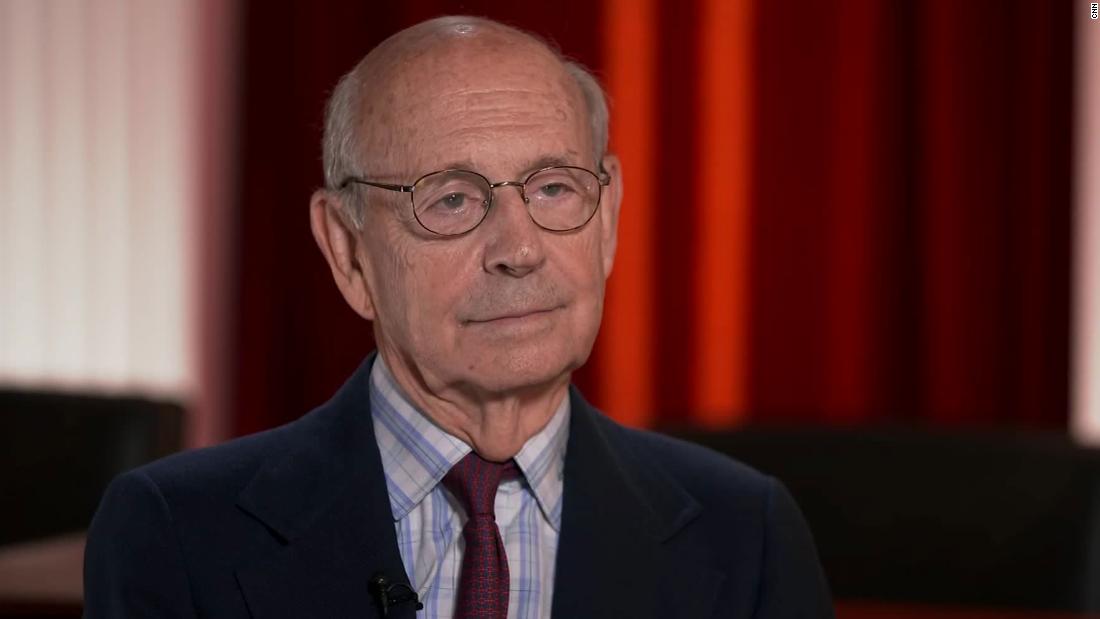
Some critics regard his view as too idealized for the current tumultuous climate.
Yet Breyer, who has been promoting a new book, "The Authority of the Court and the Peril of Politics," emphasized that controversy over the Supreme Court is as old as the court itself."It's always been controversial," he said, yet people have traditionally accepted decisions even "that they think are really wrong.The conversation took place in the Institute's moot courtroom, a stately white and crimson replica of the courtroom at the Supreme Court.
"People get on perfectly well," Breyer said, referring to his current colleagues.I think the members of the court personally get on pretty well."
Breyer declined to comment on a recent remark of fellow liberal justice, Sonia Sotomayor, that "there is going to be a lot of disappointment in the law, a huge amount."Welcoming BarrettBreyer said he was pleased that the justices had been able to return to the courtroom for oral arguments, after more than a year of teleconference sessions because of the pandemic."I think Ruth planned the dinner for me," Breyer added, referring to Ginsburg, who joined the bench in 1993, a year before Breyer.
Breyer said he believed Barrett, who has been an active participant in oral arguments, was settling in "fine" and said it usually takes a new justice three to five years to feel comfortable in the role on the nation's top court."I was pretty nervous the first three years, at least, and maybe a little longer," Breyer said.Behind the scenesThe justices receive petitions from thousands of litigants each year who have lost cases in lower courts and hold oral arguments on only about 60.Some witnesses who have testified before the Biden commission have criticized the justices' processes as opaque, governed by unwritten rules that benefit a small cadre of elite lawyers and their clients.
Speaking specifically of the justices' private sessions, when they decide which appeals to take up and how to rule on cases already argued, Breyer said, "The reason not to have the transparency is that it very important for people to say what they think ...Breyer said the justices routinely look to that code when considering possible conflicts of interest and whether to disqualify from a case.
He then observed that Supreme Court justices face certain considerations based on their limited number.